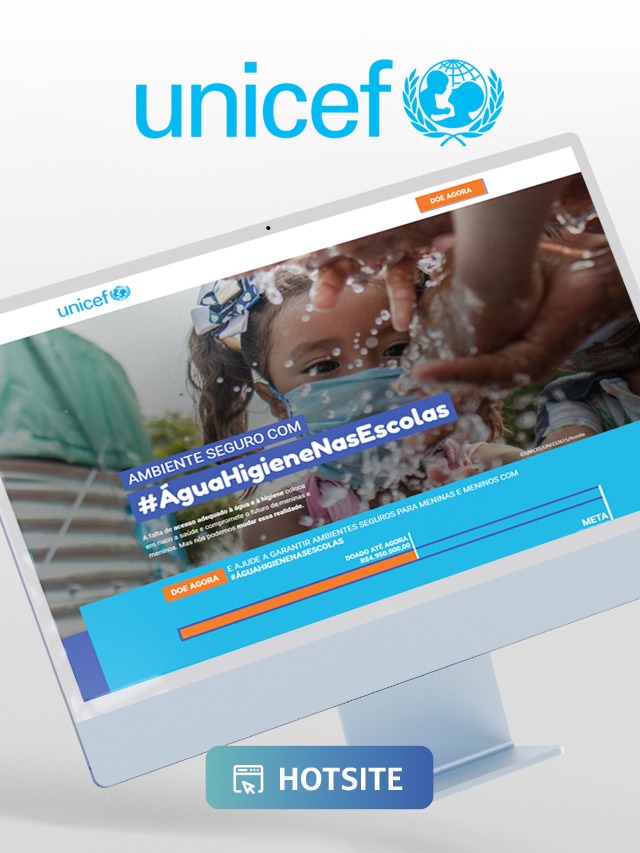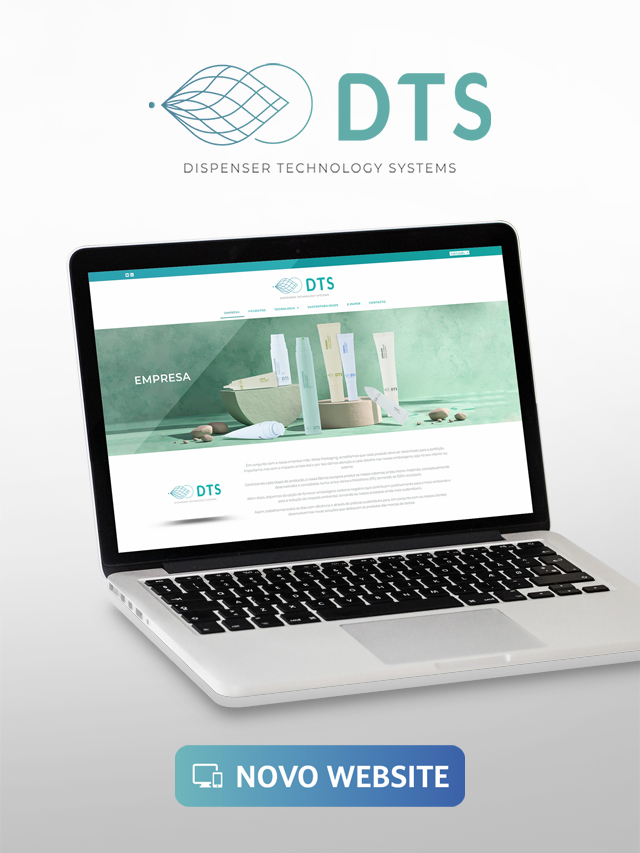Inclusive marketing is on the rise in importance, which does not stop growing, mainly due to the role of social movements on identity guidelines. But what is this concept about? Inclusive marketing can be defined as a strategy that aims to create content and campaigns that reflect diversity, thus leaving behind a problematic social construction, which exalts only one social group. That is, with this marketing tool, more real people, from different origins, cultures, gender identities, etc., start to be valued.
Read too: 9 tips on how to retain your customers
Although for some people this means taking advantage of a moment of visibility, inclusive marketing carries a very positive message for the world, as it dialogues directly with people, recognizing their values, feelings, urgencies, which can repel actions or embrace them. In addition, with this attitude, the brand positions itself responsibly in the face of changing paradigms, which certainly reflect on the way it is seen, winning new customers, among other market factors.
How do I market inclusively to my customers?
First of all, it is worth remembering that doing inclusive marketing also means responding to customer expectations. According to a survey prepared by Salesforce, 90% of consumers believe that companies do have a responsibility to make the world a better place, which is true. After all, how many lives do brands impact, whether in a good or bad way?
The first fact is undoubtedly the representativeness, thus breaking with a historical sequence of exaltation of just one group, thus placing more black, yellow, and indigenous men and women in marketing actions, not forgetting other symbolic minorities, such as the LGBTQ+ population and people with physical disabilities and intellectual. And, most importantly: always maintaining the utmost respect for these people, deconstructing outdated and pejorative stereotypes. Therefore, it is essential to have a diverse marketing team that is sensitive to these issues, willing to listen to people and understand the area's next steps in this regard.
Another factor is the language. Using racist and homophobic terms, for example, no longer go unnoticed and are pointed out by the public as a serious mistake. In some cases it may even lead to legal action. Thus, the brand can easily be boycotted and its reputation tarnished.
Furthermore, it is also important to remember the accessibility, and here that word can mean two different things. The first is to enable people with visual and hearing disabilities, for example, to have the experience provided by the brand, thus starting to feel included and respected. While the second meaning is already linked to a more socioeconomic context, with alternatives that serve different audiences in an inclusive way.
Read too: Know what Performance Marketing is
fairer experiences
Inclusive marketing is there to make people's experiences fairer and more humane with brands. That said, elements such as integrity and ethical coherence are more than necessary, which does not mean that a brand that made mistakes in the past can no longer redeem itself. Recognizing the failure publicly and adopting a new attitude from then on can even change paradigms, see the example of the Skol beer brand with the slogan “I forgot the no at home”, which later admitted the error, and from then on changed it. if the way to publicize beer.
Don't underestimate your audience, people are not naive. When running a campaign dishonestly extolling a certain social claim, your brand can easily get its reputation tarnished. Nowadays, people no longer buy a product per se, but also an experience with a series of values linked to the brand. Value honesty and coherence, only then will the impacts be truly positive.































